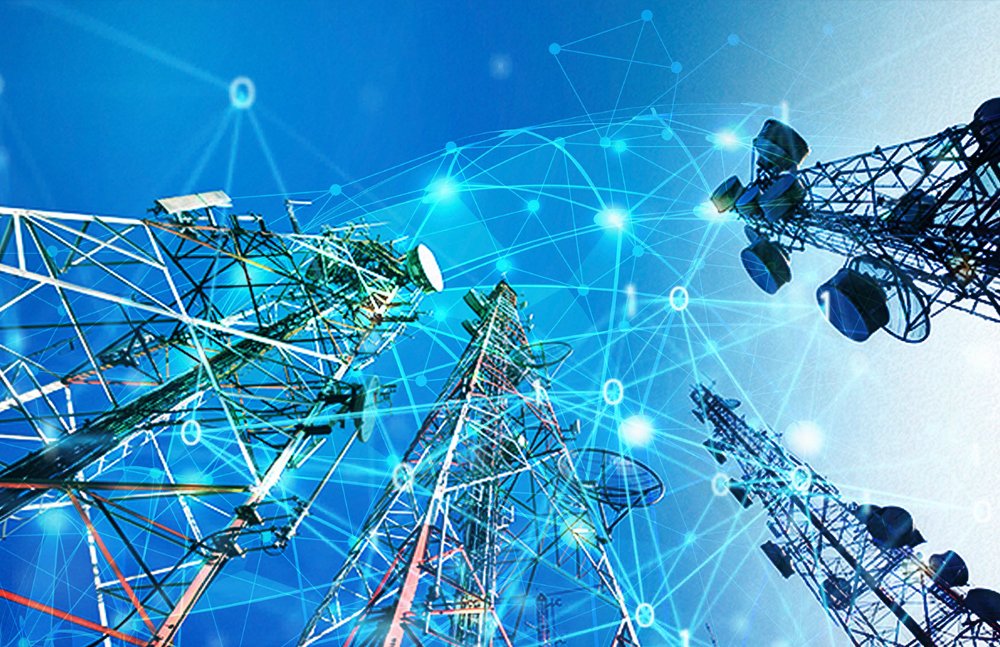The next time you renew your monthly subscription, don’t be surprised if your usual data plan feels a little heavier on your wallet. Why? The Nigerian Communications Commission (NCC) has approved a 50% increase in telecom tariffs. This is a long-awaited victory for telecom giants like MTN, Glo, Airtel, and 9mobile, who have been lobbying for this adjustment since 2013. Eleven years later, the NCC finally accepted that keeping telcos afloat in today’s economic climate is nearly impossible without an increase in the subscription rate.
Many might think the Nigerian telecom industry is swimming in a profit pool, considering that over 222 million Nigerians use mobile phones. But the reality is different, telcos are in debt instead. Mounting operational costs are already pushing the telecom industry to the brink. Telcos now spend a staggering N56 billion monthly on energy bills, with diesel alone accounting for over 30% of these expenses. The Association of Licensed Telecommunication Operators of Nigeria (ALTON) revealed that the relentless rise in fuel prices and energy costs is killing the industry. In 2022 alone, telecom operators shelled out N2.09 trillion to manage over 34,000 towers and 127,000 base stations. These costs, without corresponding price adjustments, have led to growing losses.
And losses don’t come cheap. Reduced investment in infrastructure is already affecting the quality of services nationwide. According to ALTON Chairman Gbenga Adebayo, Nigerians recently experienced deteriorating network coverage because of the downward spiral effect. If left unchecked, the consequences could be catastrophic, not for the telecom industry alone but for the millions of Nigerians who depend on these services daily. From businesses and schools to government operations, a failing telecom sector would send shockwaves across every aspect of society.
A Necessary Evil or a Bitter Pill?
Telcos argue that this price hike, while painful for consumers, is necessary to stabilize the sector. The extra revenue is expected to cover soaring operational costs and fund much-needed infrastructure upgrades, such as the roll-out of 5G technology, which promises faster speeds and greater connectivity. Without this financial cushion, telcos fear they won’t be able to deliver on such advancements.
The NCC is not handing out free passes. As part of the tariff adjustment deal, telecom operators must expand their coverage to underserved rural areas and improve service quality across the board. In a recent interview with Channels TV, Minister of Communications, Innovation and Digital Economy, Bosun Tijani emphasized that these measures aim to ensure that Nigerians see tangible benefits from the price increase over time.
But at What Cost to the Average Nigerian?
While the telcos celebrate this development, consumers are left to grapple with the implications. With inflation at an all-time high and many Nigerians struggling to make ends meet, a tariff increase feels like a heavy blow. Critics and consumer advocacy groups have started calling on the NCC and operators to explore alternatives, such as subsidies for low-income users or data plans tailored to different demographics.
The bigger question remains: How will Nigerians adapt? Will we see fewer hours spent on TikTok and Instagram as people ration their data? Or, as history has shown time and again, will Nigerians find a way to adapt and move on?
















